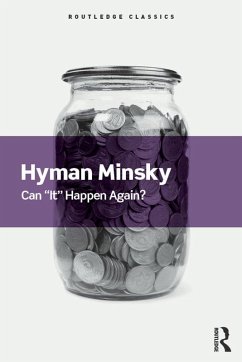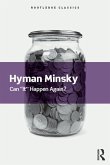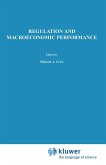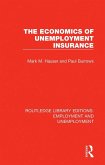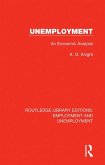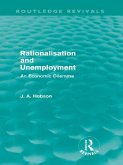In this book Minsky presents some of his most important economic theories. He defines "It", determines whether or not "It" can happen again, and attempts to understand why, at the time of writing in the early 1980s, "It" had not happened again. He deals with microeconomic theory, the evolution of monetary institutions, and Federal Reserve policy. Minsky argues that any economic theory which separates what economists call the 'real' economy from the financial system is bound to fail. Whilst the processes that cause financial instability are an inescapable part of the capitalist economy, Minsky also argues that financial instability need not lead to a great depression.
This Routledge Classics edition includes a new foreword by Jan Toporowski.
Dieser Download kann aus rechtlichen Gründen nur mit Rechnungsadresse in A, B, BG, CY, CZ, D, DK, EW, E, FIN, F, GR, HR, H, IRL, I, LT, L, LR, M, NL, PL, P, R, S, SLO, SK ausgeliefert werden.
The New York Times
"Today, his views are reverberating from New York to Hong Kong as economists and traders try to understand what's happening in the markets... Indeed, the Minsky moment has become a fashionable catch phrase on Wall Street."
The Wall Street Journal
"There are few better places to begin the serious study of financial questions than with Can "It" Happen Again? - the work of the most insightful observer of finance in the economics profession today."
Robert Pollin, Monthly Review
"Minsky's essays are creative, sophisticated and wise. He has an important message for economists and a wider public."
Journal of Economic Issues
"The most significant economic event of the era since World War II is something that has not happened: there has not been a deep and long-lasting depression."
From the Introduction.

